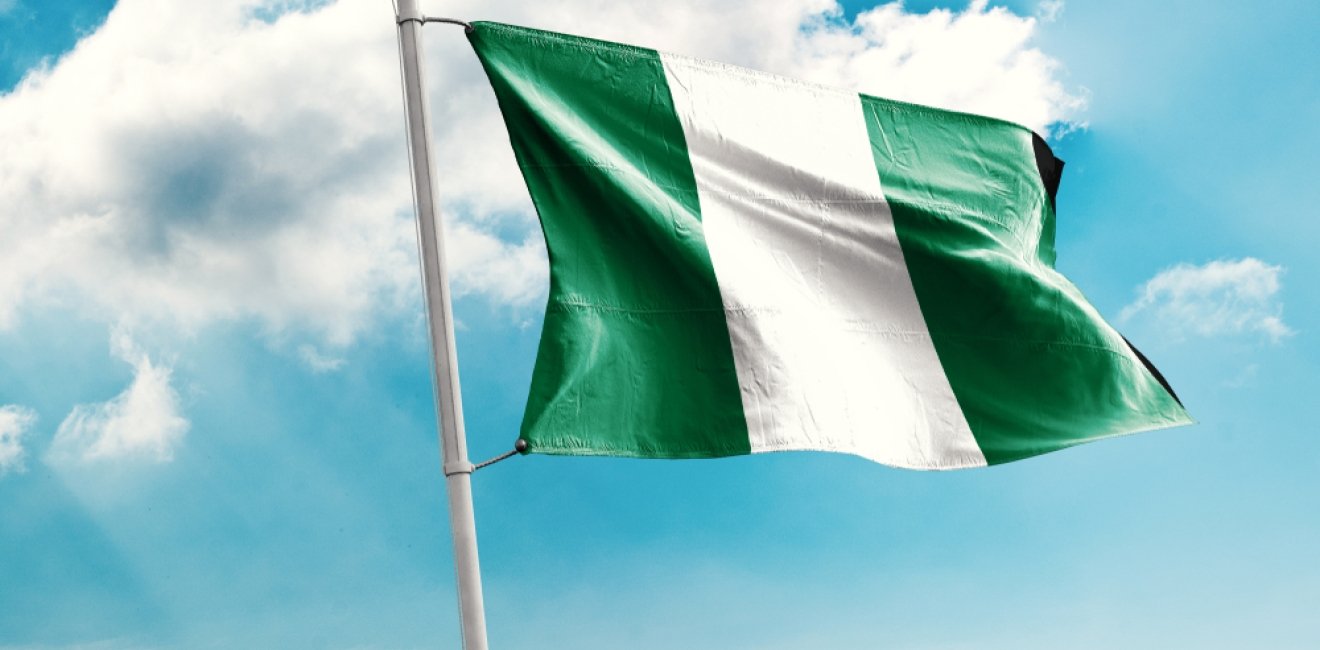
A blog of the Wilson Center

On February 25th, Nigerians will go to the polls to vote for their new president and national assembly. On March 11, they’ll vote for their state governors and houses of assembly. This will be the 5th consecutive elections since the country’s transition to civilian rule in 1999—the longest period of uninterrupted governance in the West African country’s history.
As our own experience shows, modern elections almost always present challenges. This is particularly true for Nigeria, a country where solidifying national identity and consolidating democracy are among the most pressing issues facing the country’s long term prospects.
With more than 200 million people, Nigeria is Africa’s most populous country and its largest democracy. With more than 300 ethnic groups, over 500 languages, and many distinct religious and regional differences, it’s also one of the world’s most culturally diverse countries. That diversity is a source of pride and rich cultural heritage, but when political elites seek to exploit it for their own gain, it can also be a vulnerability. For some years, Nigerian leaders have tried to craft and implement policies aimed at building national unity and identity. But declining governance at all levels has created growing frustration among the Nigerian people—which, in turn, has created an opening for self-serving leaders to blame or scapegoat “others” (other regions, other religions, etc.) for any disappointments.
The risks of political exploitation are more glaring during elections. With 93.4 million registered voters, Nigeria’s current elections will be Africa’s largest. They are also, arguably, the continent’s most complex. As the chair person of Nigeria’s Election Commission notes, the country has 11 million more registered voters than in the other 14 West African countries combined. In addition, these elections will be conducted amid multiple protracted security and economic challenges, and weakening social cohesion.
Nowhere are the challenges to social cohesion more evident than amongst Nigeria’s youth—one of the highest youth populations in the world. Many are frustrated by the range of entrenched challenges that seem to grow more difficult regardless of the party of the leaders in office. Early signs of energized young voters could play a major role in the final results: more than a third of Nigeria’s 93.4 million registered voters are 34 years old or younger.
As Nigerians go to the polls this week, international election observers representing 22 countries will be in the country. A Joint International Election Observation Mission from the International Republican Institute and National Democratic Institute led by former president of Malawi Joyce Banda, myself, and others will also be there.
Why is there so much global interest in these elections? For one thing, Nigeria is the world’s second largest presidential democracy after the United States. Fair and credible elections in the country would be a success for both Nigeria and the world’s broader democratic community. Furthermore, despite the country’s many challenges and the often divisive rhetoric by some leaders and “influencers,” most Nigerians also see the elections as a chance for further democratic consolidation. Finally, Africa will have a number of other elections this year, and many believe that success in Nigeria—a large, complex, and young nation—will set an important tone for those that lie ahead.
Nigeria is a complicated country with historic elections at hand. Everyone should pull for its success.
Author

Explore More in Stubborn Things
Browse Stubborn Things
Spying on Poachers

China and the Chocolate Factory

India: Economic Growth, Environmental Realities
